What is Classical Liberalism?
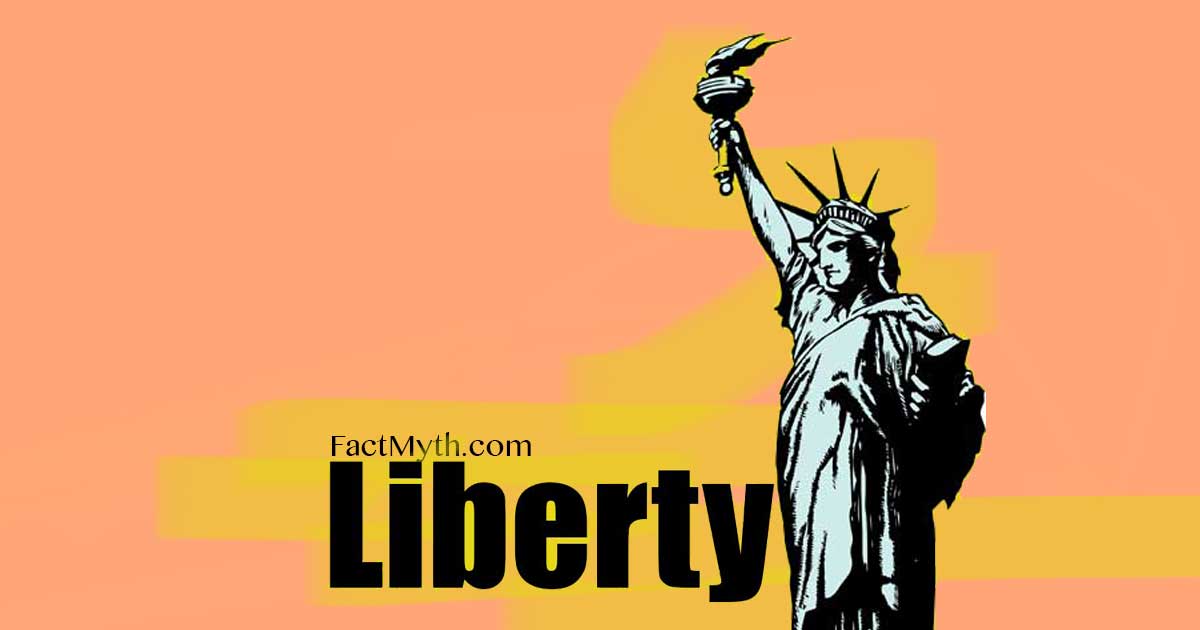
Classical liberalism is the ideology of liberties, rights, individualism, reason, and tolerance that comes in a political and economic form.
Jean-Jacques Rousseau was a Swiss-born French philosopher, writer, and composer of the 18th century who, literally, wrote the book on the Social Contract. He is notable for his influential theory of government and romantic liberalism.

Classical liberalism is the ideology of liberties, rights, individualism, reason, and tolerance that comes in a political and economic form.
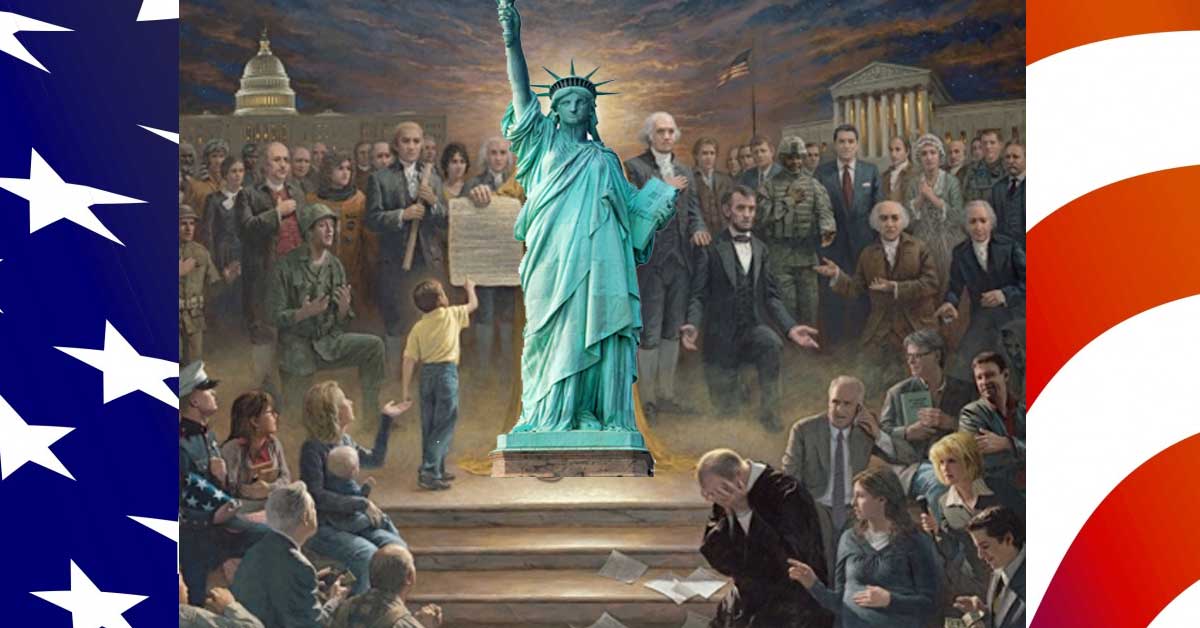
“Civil Religion” is the civic “religion” of a nation. It doesn’t describe the theological religion of a nation, but rather a quasi-religious shared identity built around national symbolism and customs.
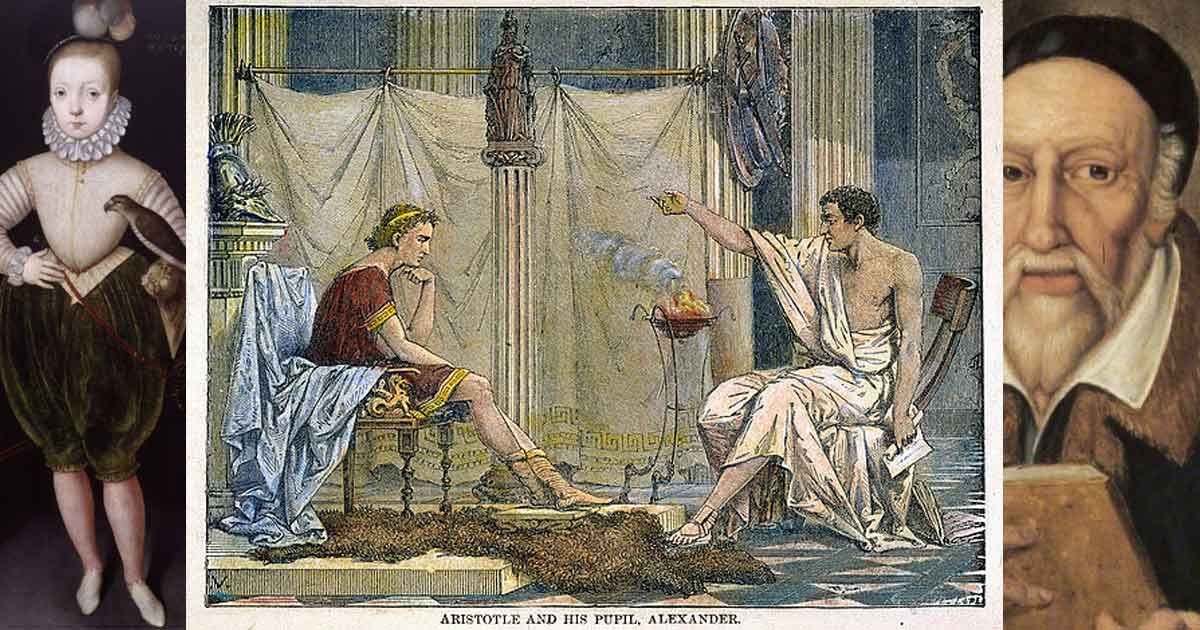
We often attribute the origin of the state of nature argument to Hobbes, but it can be traced to thinkers like Plato, Aristotle, and the Sophists in the 300s BC, and is then mused on by other early philosophers.

Jean-Jacques Rousseau’s concept of the General Will roughly means “that which is in the best interest of the people” or “the public good”, and not just popular consensus.
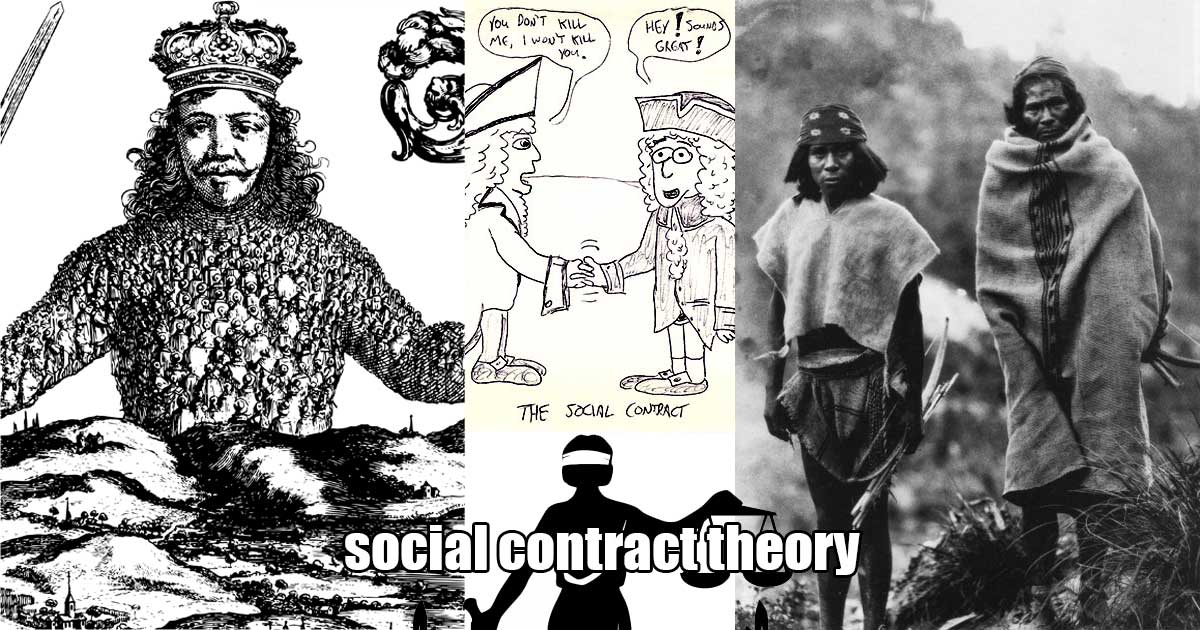
Social Contract Theory is the theory of why people form governments based on how people lived in a State of Nature before government.
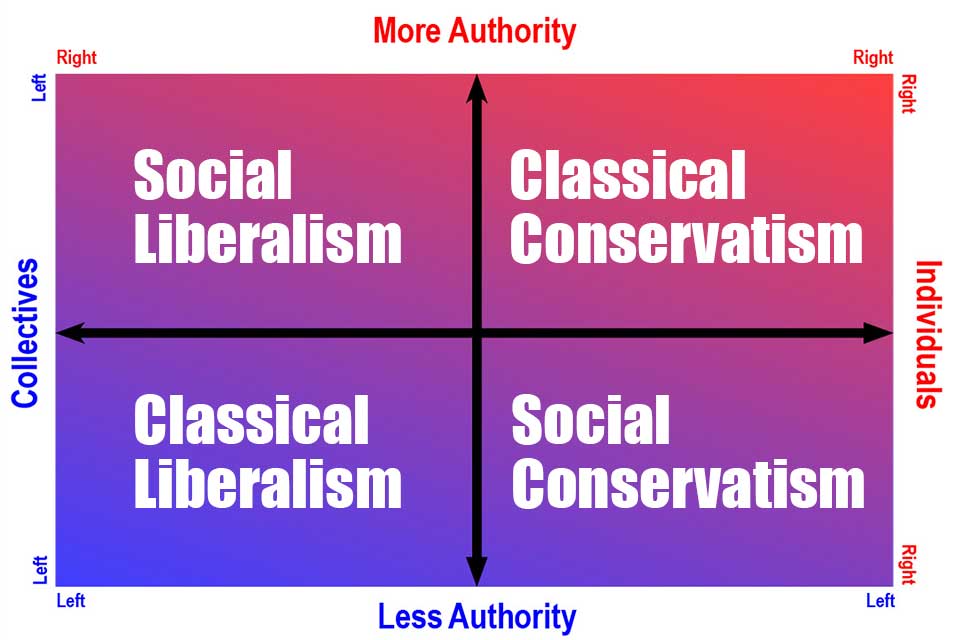
We explain liberalism and conservatism, including the different social and classical types of liberalism and conservatism.

Classical liberalism arose in opposition to state-imposed religion and aristocracy in the 1600 – 1700’s during the Age of Enlightenment in Europe and America.
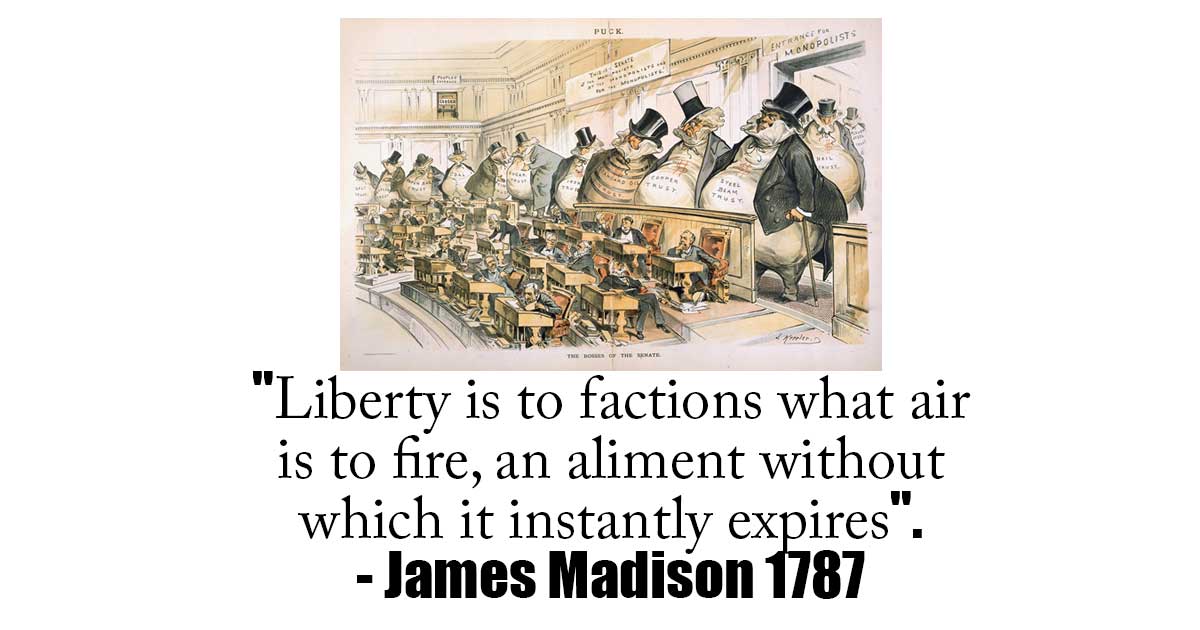
Special interests describe interests that are not purely public interests. Factions (special interest groups) are groups formed around shared interests (special interests).